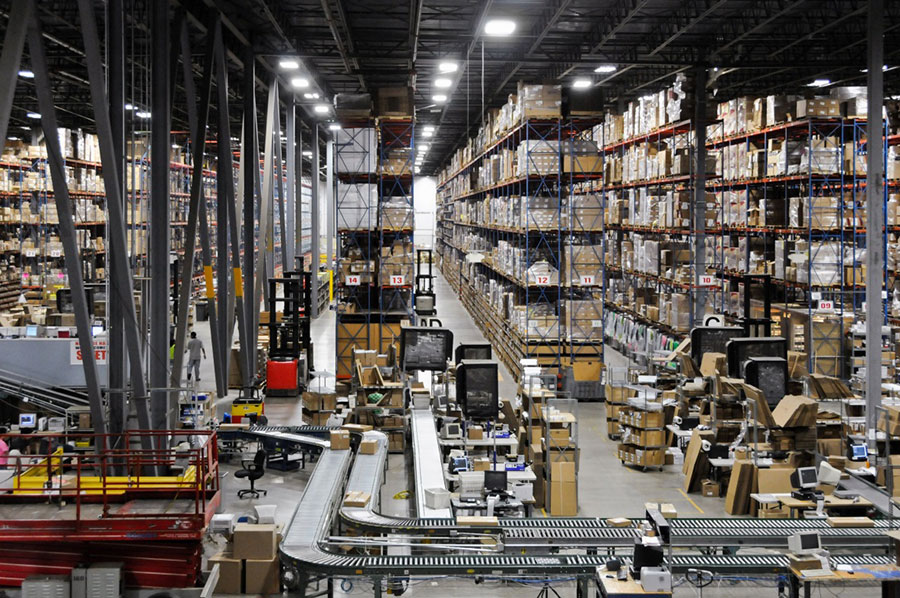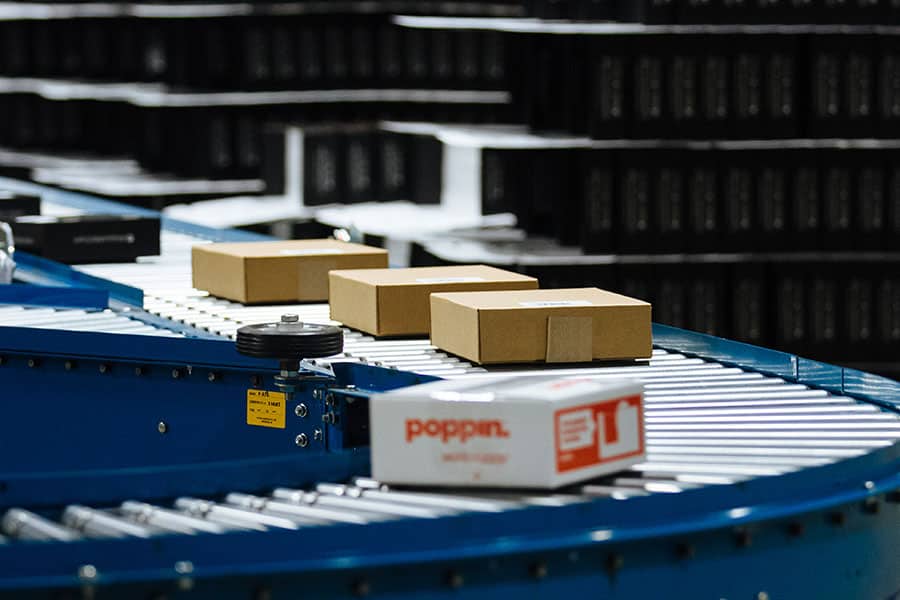Three wholesale mistakes small businesses should avoid

When I was involved in helping to run a small business, one of the best days I remember was signing a wholesale contract with a major retailer. Having been involved in several startups and small businesses ventures, I’ve noticed that this feeling is rather consistent. Despite the opportunity, one of the worst days for a new wholesaler is receiving a payment for the second shipment minus the deductions for chargebacks from the first.
The wholesale business is a profitable business, accounting for 7 percent of the U.S. gross domestic product. While it is true that working with a large retailer may help put emerging retailers on the map, making it work is a detail-oriented process that involves careful planning, a deep understanding of the requirements and attention to detail. The failure to acknowledge every small detail – including areas of possible chargebacks – will strain the wholesale relationship from the beginning.
Emerging retailers hoping to break into the wholesale business must understand possible setbacks and define the proper processes to avoid these shortcomings.
Pay attention to detail
The cost of doing business is high. Large retailers can issue chargebacks for minor issues like using hangers when the retailer wasn’t expecting it, a blurry barcode or a late bill of lading transmission.
Attention to detail is especially important when you’re distributing to multiple retailers with different buyer requirements. One company, for example, may want price tags under the armpit of a shirt while another may require tags on the neckline. When preparing shipments, make sure the right products with the right requirements are being sent to the correct retailer.
As an emerging retailer, it’s important to avoid chargebacks as they can account for 4 to 5 percent of your accounts receivable. While there’s no guaranteed way to avoid these costs, it’s important to pay close attention during every stage of the supply chain process so you aren’t charged for little errors like the location of a price tag. Signing a contract with a large retailer is a process, and aside from being detail-oriented, there are many other necessary steps to take.
Before signing a wholesale agreement, emerging brands must do three things:
- Research – Every business has different demands and processes in place. Before signing a wholesale contract, it’s important to understand the individual company that you’re doing business with. This sounds ambitious and big-picture, but it’s actually about knowing the details. What are their routing guide instructions? Are the packing, stacking and labeling requirements compatible with your current equipment and facility? Do you have the space to properly prepare and stage orders according?
Understanding the businesses’ requirements will ensure that you’re prepared for any situation that arises.
- Hire – Make sure staffing is in place to handle wholesale demands. Is your warehouse staffed to communicate with client and carrier traffic departments? Do you have sufficient labor available to restack, label and wrap distribution center and individual store orders? Do you have someone standing by the phone to handle customer and client relations? Having the proper staff in place can reduce errors, increase efficiencies and ensure that your team can handle volume.If you can’t handle mass shipping on your own, you should consider partnering with a third party that can handle large orders.
- Systemize – Emerging retailers need to have the systems in place to support, or a partner with the right systems to support the data exchange requirements in most wholesale relationships. Before signing with a large retailer, make sure you have properly functioning EDI (electronic data interchange) system and other appropriate technology. If your warehouse management system isn’t yet up to speed, make sure it’s upgraded. Nothing’s worse than knowing you have the product on hand, but being unable to locate it.If you don’t have the technology in place, partner with a company who does. These partners help you know what you don’t know. For example, supply chain experts can implement a least total cost solution and a trade-off analysis to understand the true costs of your business decisions. Siloed costs savings don’t exist when you start selling wholesale. More than ever, you’ll see that skimping on technology, for example, can eat away at profit in working with retailers.
According to Entrepreneur’s Wholesale Distribution start-up guide, U.S. retailers and online merchants sell about $3.6 trillion worth of products every year which is a good sign for those looking to get into the wholesale game. Know, however, that the minute you become an entrepreneur, you become a supply chain manager, too. You must understand how to control your business from a management perspective (how much staff and inventory is available?) and also from a supply chain perspective (is your warehouse management system up to speed?). Rather than entering into a wholesale agreement blindly, do so with eyes wide open to ensure the greatest success and sales.
******
JD Woods is the CMO at Dotcom Distribution. As an experienced distribution executive, JD has directly managed operations, technology, and client relationships while supporting retail, business services, marketing, and government contract operations. Heading up sales and marketing efforts, JD works with clients and prospects to ensure that Dotcom’s full suite of products and services are leveraged to faithfully deliver that client’s perfect brand experience.
Bring the best of the CEOWORLD magazine's global journalism to audiences in the United States and around the world. - Add CEOWORLD magazine to your Google News feed.
Follow CEOWORLD magazine headlines on: Google News, LinkedIn, Twitter, and Facebook.
Copyright 2025 The CEOWORLD magazine. All rights reserved. This material (and any extract from it) must not be copied, redistributed or placed on any website, without CEOWORLD magazine' prior written consent. For media queries, please contact: info@ceoworld.biz












